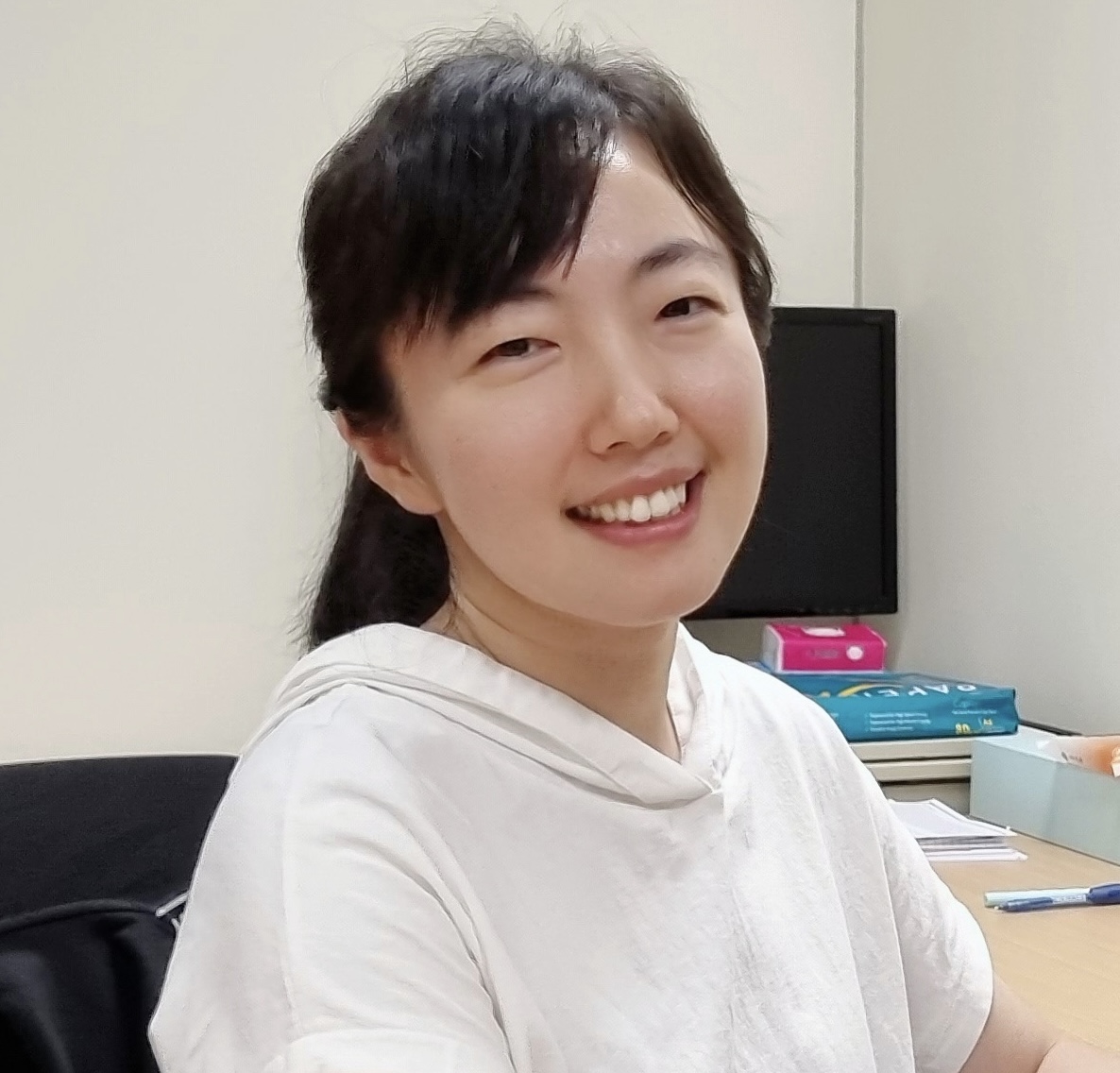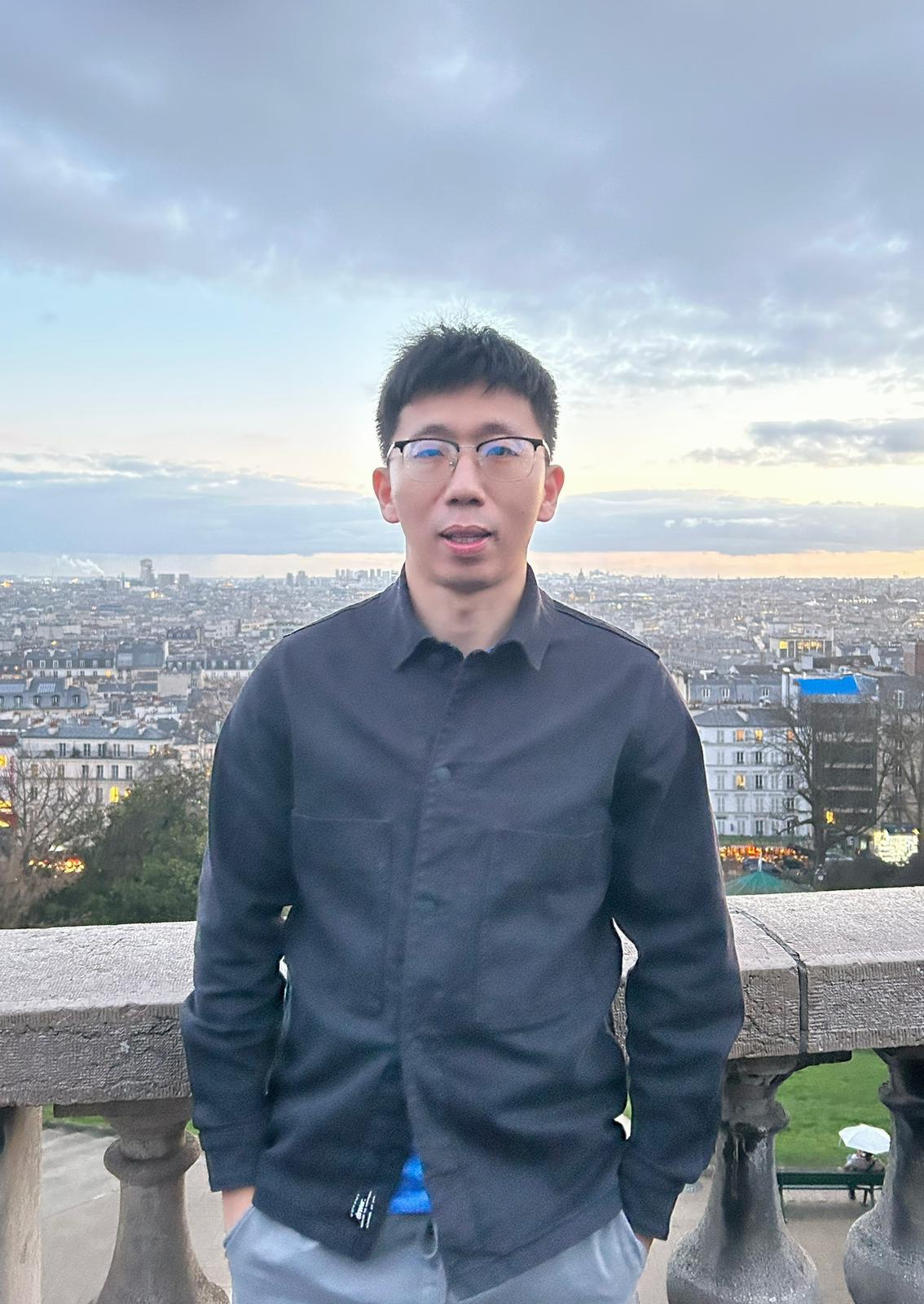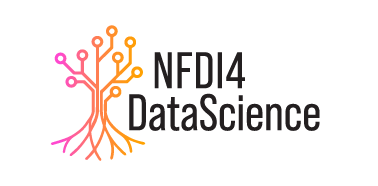About
Generative Artificial Intelligence (GenAI) is a branch of artificial
intelligence capable of creating seemingly new, meaningful content, including text, images, and audio.
It utilizes deep learning models, such as Large Language Models (LLMs), to recognize and replicate
data patterns, enabling the generation of human-like content. Notable families of LLMs include GPT
(GPT-3.5, GPT-3.5 Turbo, and GPT-4), LLaMA (LLaMA and LLaMA-2), and Mistral (Mistral and Mixtral).
GPT, which stands for Generative Pretrained Transformer, is especially popular for text
generation and is widely used in applications like ChatGPT.
GenAI has taken the world by storm and revolutionized various industries, including healthcare,
finance, and entertainment. However, GenAI models have several limitations, including biases from
training data, generating factually incorrect information, and difficulty in understanding complex
content. Additionally, their performance can vary based on domain specificity.
In recent times, Knowledge Graphs (KGs) have attracted considerable
attention for their ability to represent structured and interconnected information, and adopted
by many companies in various domains. KGs represent knowledge by depicting relationships between entities,
known as facts, usually based on formal ontological models. Consequently, they enable accuracy,
decisiveness, interpretability, domain-specific knowledge, and evolving knowledge in various AI applications.
The intersection between GenAI and KG has ignited significant interest and innovation in Natural Language
Processing (NLP). For instance, by integrating LLMs with KGs during pre-training and inference, external
knowledge can be incorporated for enhancing the model’s capabilities and improving interpretability.
When integrated, they offer a robust approach to problemsolving in diverse areas such as information
enrichment, representation learning, conversational AI, cross-domain AI transfer, bias, content generation,
and semantic understanding.
This workshop, aims to reinforce the relationships between Deep Learning, Knowledge Graphs, and NLP communities
and foster inter-disciplinary research in the area of GenAI.







